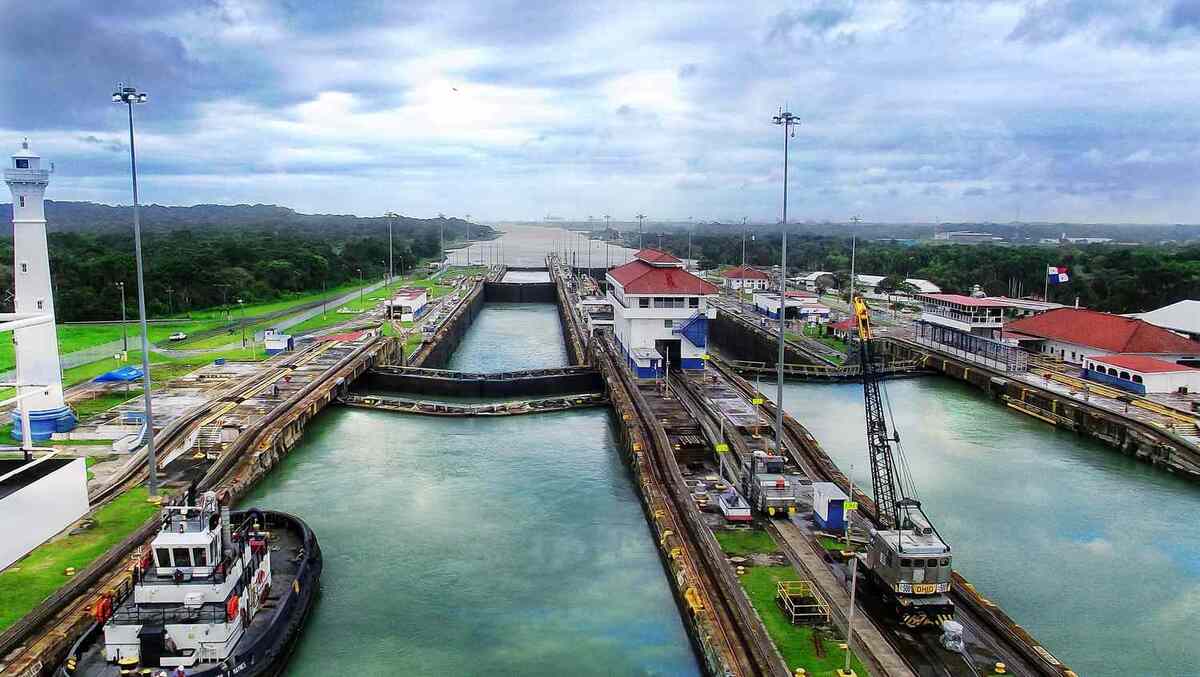Context:
In its manifesto, the Shiromani Akali Dal (SAD) promised to get back Kartarpur Sahib, the final resting place of Guru Nanak, less than five kilometres across the Pakistan border. The SAD is promising to work with the Centre to negotiate an “exchange of territory” with Pakistan, in return for Kartarpur Sahib.
Background:
- Reopening the territorial settlement in the Punjab will be a nightmare few would want to think of. According to some experts, more practical than reworking the territorial disposition of boundaries would be changing the nature of these frontiers that have long been zones of military confrontation and not commercial cooperation.
- The SAD also demands reopening the Attari and Hussainiwala borders with Pakistan for trade and tourism to usher in economic prosperity.
Key takeaways:
- The SAD’s proposals on engaging Pakistan bring to the fore the idea of “para diplomacy” or “sub-state diplomacy”.
- Para diplomacy involves formal interactions between entities below the federal level — provincial and local governments — in pursuit of shared national goals.
- The conduct of para diplomacy is not in opposition to the national governments, which have a monopoly over the engagement with other sovereigns. Federal governments are quite nervous about sharing, let alone ceding, authority to engage across borders, especially when there is a danger of cross-border criminal and terror networks casting a shadow over the process.
- Para diplomacy, conducted in tandem with the central government, can often produce openings that can’t be generated between the congealed positions of the national governments.
- Not all Indian border states have been as keen on cross-border cooperation as Punjab. The context on each border is different with unique burdens of history and different degrees of political difficulty. West Bengal, under Mamata Banerjee, for example, had, in fact, complicated Delhi’s engagement with Dhaka.
- The Tamil parties in Chennai have often exercised their veto over Delhi’s ties with Colombo.UPA government (2004-14) had to often walk back from productive initiatives with the neighbours because of resistance from its coalition partners in the states.
- The next government must return to reconsidering para diplomacy as a valuable tool of India’s statecraft. To succeed, India’s neighbourhood policy must work with the interests of the people in the border provinces.
- This, in turn, demands the construction of a consensus between the centre and the regional parties in the border provinces on developing a productive relationship with the neighbours.
Additional Information: Even though SAD has asked for economic cooperation, there are multiple barriers:
- Political and Military Resistance: The Pakistani military and political leadership oppose economic engagement with India due to the unresolved Kashmir conflict. Despite occasional positive gestures from political establishment, internal opposition often swiftly quashes any initiatives.
- Historical Animosity and Distrust: The deep-rooted distrust stemming from the 1947 partition and subsequent wars continues to hinder economic cooperation. These historical grievances shape national narratives and influence policy decisions, making it difficult to commit to economic collaboration without resolving underlying political tensions.
- Economic Benefits vs. Political Obstacles: Despite recognizing the economic benefits, Pakistan’s leadership remains hesitant to engage with India due to historical conflicts and the Kashmir issue. Although the Pakistani business community has advocated for reopening trade, these appeals are often stifled by the political and military elite prioritizing geopolitical concerns over economic pragmatism.
- Security Concerns: Pakistan’s support to cross-border terrorism and frequent border skirmishes contribute to a climate of hostility.Perpetual state of military alert hampers trade and complicates efforts to establish a stable economic partnership.
1.png)

.jpg)

Comments (0)